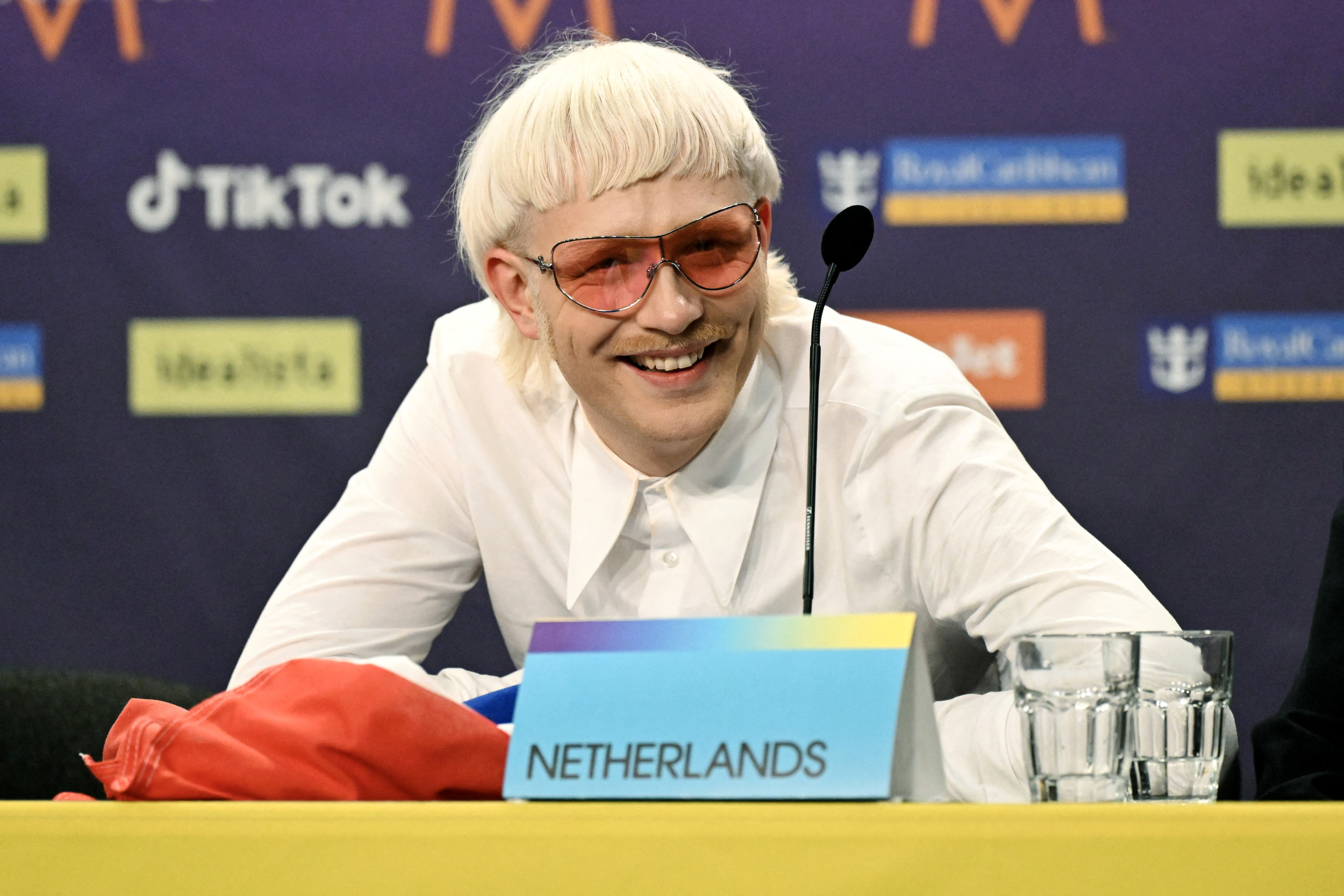The Netherlands government said it will not be implementing a national mandatory face mask rule. It says there is "insufficient scientific evidence" to support their use, according to the Outbreak Management Team at the National Institute for Public Health and the Environment (RIVM).
Jaap van Dissel, Director of the RIVM Centre for Infectious Disease Control, who serves on the Outbreak Management Team, says they are aware of studies that appear to show masks slow the spread of COVID-19, but that at this time, they do not think they will help limit new infections in the Netherlands. According to Reuters, van Dissel said masks could cause people not to adhere to social distancing as well as they have been. This, coupled with people potentially wearing masks incorrectly, could increase disease transmission, he said.
The Netherlands' decision to not introduce a mandatory mask policy came after mayors in cities across the country said they should be put in place for some busy areas, following a slight uptick in cases in some regions. Since then, cities have been given autonomy to introduce their own mask orders. Following a meeting with mayors last week, Minister for Medical Care Tamara van Ark reaffirmed the national standpoint.
"From a medical point of view, there is no evidence of a medical effect of wearing face masks, so we decided not to impose a national obligation," Politico quotes her as saying.
At present, the only places where people in the Netherlands need to wear masks are on public transport and at airports. City mayors have also introduced orders about mask use in busy shopping centers.
The lack of a national mask policy is at odds with many other countries in Europe. However, unlike many other countries in Europe, the Netherlands has fared relatively well for infections. There was a large spike in cases in March and April, but numbers started to fall in May. According to the World Health Organization's (WHO) latest situation report, on August 4 there were 372 new cases in the Netherlands and no deaths. In total, the country has had just over 55,400 cases and 6,140 deaths.
Unlike other European countries, the Netherlands also took a less rigid stance on lockdown measures. It introduced an "intelligent lockdown" where it asked people to work from home and maintain social distancing of five feet, but did not make these mandatory.
Arjen Boin, Professor of Public Institutions and Governance at Leiden University, The Netherlands, told Newsweek that while it was inconvenience, most people stayed at home and minimized their social contact once the government's crisis regime kicked in. After this happened, he said there were "immediate results" and case numbers were brought right down.
"It was very effective," Boin said.
While many businesses were closed, people were free to leave their homes as they wished. Schools started to reopen on May 11 and bars, restaurants and cafes reopened on June 1, with social distancing measures in place.
This type of "lockdown" was more in line with Sweden, which became known for its lax approach to the spread of the virus, compared with other nations where people were legally required to stay at home. Sweden and the Netherlands have also had a fairly comparable number of cases and deaths, with the former having had just over 81,000 cases and 5,700 deaths. However Sweden has seven million fewer people than the Netherlands, which is home to 17 million.
The two countries have also now taken a similar approach to mask use, with Sweden's state epidemiologist Anders Tegnell recently saying: "With numbers diminishing very quickly in Sweden, we see no point in wearing a face mask in Sweden, not even on public transport."
A spokesperson from the Dutch Ministry of Health, Welfare and Sport told Newsweek the decision not to implement a mandatory face mask was based on the lack of evidence to support them slowing transmission "under the current circumstances in the Netherlands."

"Keeping 1.5m (5ft) distance remains the most effective rule to stop the spread of the coronavirus in the Netherlands," they said. "Nonetheless, the Dutch government has left room at a local level to conduct experiments with measures aimed at influencing the behavior of the public, for example by requiring face masks in specific crowded areas in order to aid with crowd control. Various mayors of large cities have expressed their interest in such experiments."
Christopher Pell, from the Faculty of Social and Behavioural Sciences at the University of Amsterdam, told Newsweek the emphasis on social distancing has been effective and has allowed portions of the economy to continue. He said because previous recommendations worked so well, there seems little reason to implement new ones about masks.
Boin said the government is currently looking at scientific evidence relating to mask use. If more convincing evidence to support the use of masks emerges, he believes prime minister Mark Rutte will change his stance, as the issue has not been politicized in the same way it has in other countries, including the U.S., where there has been some resistance to their use.
"Up until about two weeks ago there was no discussion whatsoever (about masks)," he said. "It wasn't an issue. It wasn't debated. There was no reason to talk about it."
Rutte is set to give an update at a press conference on Thursday. Whether this will include an update on masks is not known, but Boin says it is possible a rule will be introduced. "I'm pretty convinced we're being pragmatic and might be wearing a mask real soon," he said. "It's not a principal opposition. We're already getting used to the idea, most people have a mask."
Pell also said that with the recent increase in cases, he expects some changes to be announced Thursday—potentially local lockdowns in Rotterdam and Amsterdam. If there is a second wave later in the year, masks could be introduced. "My feeling is that given the recent increases in infections and the likely further increase in the autumn, this is likely to change in the coming weeks and months and that masks will become more popular in other settings," he said.
Uncommon Knowledge
Newsweek is committed to challenging conventional wisdom and finding connections in the search for common ground.
Newsweek is committed to challenging conventional wisdom and finding connections in the search for common ground.
About the writer
Hannah Osborne is Nesweek's Science Editor, based in London, UK. Hannah joined Newsweek in 2017 from IBTimes UK. She is ... Read more
To read how Newsweek uses AI as a newsroom tool, Click here.






